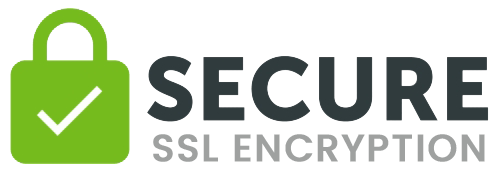Consumer credit counseling, as the name suggests, offers counseling to consumers in relation to how they use credit.
Credit Defined
Credit may sound like only credit cards, but the truth is that many people use various different types of credit throughout their lives. They might start with a credit card and student loans. Then they lease a car. They might get a mortgage on a home. Then they take out purchasing agreements for great TVs and furniture for their home. They love to shop at certain stores, so they take out a store credit card and use it for all their purchases because they get “free” items and discounts.
Good Credit, Bad Credit
On the one hand, credit is good, because using credit and then paying back the money shows that you are a financially responsible person. All of this activity is reflected in your credit score. A good credit score means you can often get credit (such as a mortgage) for a lower rate than someone with a lower credit score.
On the other hand, it is easy to lose track of one’s credit. There are so many offers floating around for 0% APR for the first X months that it can be tempting to sign up for the card, make a big purchase, and then sort of forget about it until the bill is about to fall due.
Credit can also be a problem if you max out your cards, because the more you borrow, the lower your credit score.
The Evils of Interest
The most obvious problem is that if you do not pay back the balance on the card within 30 days, you will have to pay interest. High interest payments means a poor credit score. This is how credit cards and banks make such high profits. The interest you are paying is a loss to you, but a gain to them.
Look at any credit card bill and you will see a projection for how long it will take you to pay off your debt if you only pay the minimum each month. In some cases, you might see a projection of ten or more years. Just think how much money you could save if you were to pay down that debt in a structured way, and then stay out of debt.



